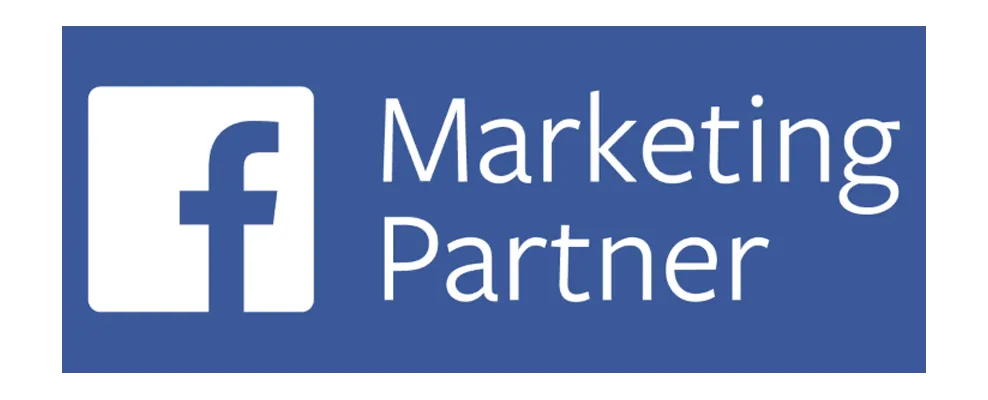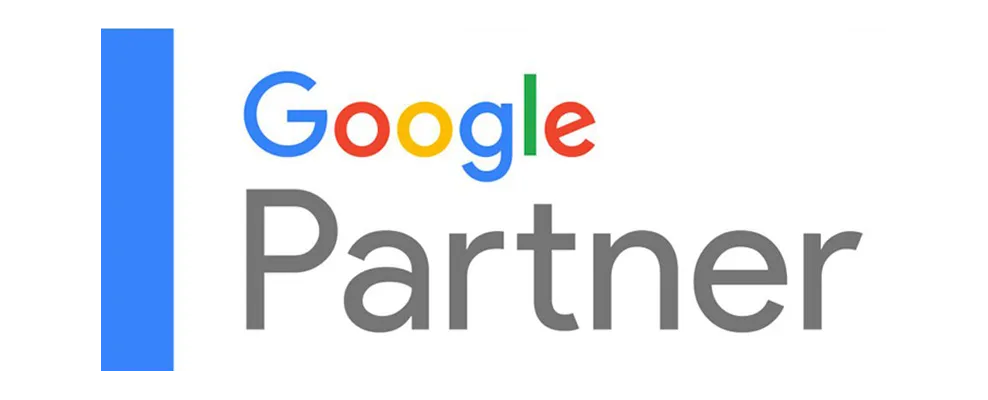In the modern era of advertising, the debate between digital marketing and traditional marketing is more relevant than ever. Businesses, especially those in Albuquerque, are constantly evaluating the best ways to reach their target audience.

Digital marketing, with its vast reach and precise targeting, offers a cost-effective solution. It allows businesses to engage with their audience in real-time, providing measurable results.
On the other hand, traditional marketing methods, such as print ads and billboards, have a lasting impact. They can build trust and credibility, especially among certain demographics.
However, the choice between digital and traditional marketing is not a binary one. A successful marketing strategy often involves a blend of both.
This article will delve into the value of digital marketing versus traditional marketing. It aims to guide Albuquerque businesses in making informed decisions about their marketing strategies.
Understanding Digital and Traditional Marketing
In today’s marketing landscape, a clear understanding of digital and traditional marketing is crucial. Both have unique characteristics and serve different purposes.
Digital marketing uses the power of the internet. It includes social media, email marketing, and online advertising. These methods allow businesses to reach a large audience quickly and efficiently.
Traditional marketing, meanwhile, involves channels like TV, radio, and print media. These methods have been around for decades and are often seen as more tangible.
Here are key aspects to consider:
- Cost-effectiveness
- Reach and targeting capabilities
- Measurement and analytics
Despite their differences, both forms of marketing aim to achieve brand awareness and consumer engagement. Business owners must assess their goals and audience to choose the right strategy. Albuquerque businesses, in particular, may find a blend of both the best approach.
Defining Digital Marketing
Digital marketing encompasses various online channels. Websites, email, search engines, and social media platforms are its core components.
It leverages technology for interaction and engagement. The use of analytics and data is a strong point. This allows for precise targeting and real-time adjustments. Digital marketing provides a flexible approach to reaching specific audiences. It aligns well with the tech-savvy consumer base.
Defining Traditional Marketing
Traditional marketing refers to non-digital means. TV, print, radio, and billboards are its traditional outlets.
These methods are known for their broad reach and appeal. They often resonate well with older demographics and create a trustworthy image. Traditional marketing offers consistency and visibility in local communities, such as Albuquerque. Its enduring presence helps in establishing long-term brand recognition.
The Shift to Digital Platforms
In recent years, digital platforms have transformed the marketing world. Businesses increasingly choose digital methods over traditional ones. This shift stems from the internet’s expansive reach and targeted potential. Mobile devices and social media have further accelerated this change.
Digital platforms offer real-time engagement, unmatched by traditional media. Businesses can now tailor their marketing efforts with precision. This ensures messages reach the right audience at the right time. Furthermore, analytics and instant feedback contribute to more informed decisions. As a result, companies can optimize their strategies to improve effectiveness and ROI.
Cost-Effectiveness and ROI
Digital marketing often stands out for its cost-effectiveness. Campaigns are usually cheaper to execute than traditional methods. This allows businesses to stretch their budget further.
Return on investment (ROI) is a critical factor in marketing decisions. Digital channels provide clearer insights into ROI. Tools like Google Analytics offer valuable data for assessing performance and making adjustments.
Traditional marketing can be less predictable in terms of ROI. High costs and longer campaign durations contribute to this uncertainty. Yet, the tangible nature of traditional marketing can offer lasting impressions.
Both digital and traditional approaches have their merits. The key is balancing immediate results with long-term brand building. Companies must evaluate their specific goals and budgets to decide on the best strategy.
Digital Marketing: Measurability and Analytics
Digital marketing excels in measurability, providing detailed insights. Tools allow marketers to track clicks, views, and conversions. This data is crucial for optimizing campaigns in real time.
Analytics help businesses understand customer behavior and preferences. Marketers can quickly test new ideas and refine strategies. This responsiveness leads to improved engagement and ROI.
Moreover, analytics empower businesses to predict future trends. With accurate data, marketers can strategize more effectively. This ensures their message remains relevant in a fast-changing world.
Traditional Marketing: Enduring Impact and Trust
Traditional marketing holds significant value despite digital advancements. It creates tangible connections through mediums like print and broadcast. These can leave lasting impressions on audiences.
Many consumers still trust traditional media for information. Advertisements in newspapers or on television are perceived as credible. This trust can strongly influence purchasing decisions.
Traditional methods provide broad reach across diverse demographics. In some cases, this can complement a digital strategy. Together, they form a comprehensive approach to capturing and maintaining consumer interest.
Reach and Targeting Capabilities
Digital marketing offers unparalleled reach and targeting capabilities. With the internet, businesses can connect with audiences worldwide. This global reach is unmatched by traditional marketing alone.
Targeting capabilities are a significant advantage of digital marketing. Marketers can define specific audiences based on demographics and behaviors. This precision ensures that ads are seen by the most relevant consumers.
Traditional marketing, on the other hand, often relies on broader audience reach. While it lacks the granularity of digital targeting, it can still be effective. Traditional methods can capture a wide audience through mass media outlets.
Combining both digital and traditional marketing can optimize reach and targeting. This hybrid approach can amplify a brand’s presence. By leveraging the strengths of both, businesses can maximize their marketing potential.
The Power of SEO in Digital Marketing
Search Engine Optimization (SEO) is crucial to digital marketing. It improves a website’s visibility on search engines. This increased visibility can significantly boost traffic and conversions.
With effective SEO strategies, brands can target specific keywords. This helps to attract relevant users actively searching for their offerings. It is a cost-effective way to increase online presence and engagement.
SEO is not just about ranking but also about content quality. Engaging, informative content is more likely to capture interest. It is essential for maintaining a strong online presence in Albuquerque’s competitive market.
The Role of Traditional Media in Local Reach
Traditional media remains a powerful tool for local reach. Channels like radio and local newspapers are staples in community engagement. They serve as trusted sources of news and information.
For businesses in Albuquerque, traditional marketing can build local rapport. Establishing a presence in community spaces fosters trust and recognition. This can lead to increased foot traffic and customer loyalty.
While the digital age is vibrant, traditional media has its place. It’s an enduring platform for reaching audiences that prefer familiar formats. Combining it with digital strategies can effectively reinforce brand messaging locally.
Integrating Digital and Traditional Marketing Strategies
Integrating digital and traditional marketing strategies can lead to greater success. By using both approaches, businesses can cover more ground. It enables them to reach a diverse audience with varying preferences.
A well-integrated strategy ensures consistency across channels. Consistent messaging strengthens brand identity and trust. It also allows for cross-promotion, enhancing overall marketing effectiveness.
Digital marketing provides data and analytics for informed decisions. When combined with traditional methods, businesses can refine their strategies. This combination provides the flexibility to adapt to consumer behavior.
Lastly, an integrated approach can optimize marketing spend. By allocating resources wisely between digital and traditional platforms, businesses can maximize ROI. This balanced strategy leverages the unique strengths of both methods.
The Importance of a Multi-Channel Approach
A multi-channel approach is vital for modern marketing success. It involves using various platforms to reach and engage consumers. This strategy meets customers where they are most active.
Using multiple channels helps to broaden reach and visibility. It ensures that a brand appears where potential customers spend their time. This increases the chances of converting leads into sales.
Moreover, a multi-channel approach supports customer experience. Consumers can interact with a brand in multiple ways, enhancing engagement. This comprehensive strategy leads to stronger relationships and increased loyalty.
Case Studies: Successful Integrated Campaigns
Integrated campaigns illustrate the power of combining marketing strategies. One example is a company that used social media and radio ads. This blend increased brand awareness and engagement significantly.
Another successful campaign involved pairing email marketing with direct mail. The digital emails created initial contact, while mail reinforced the message. This dual approach resulted in higher conversion rates.
In Albuquerque, marketing firms have crafted integrated local campaigns. By leveraging local SEO with community events, they foster engagement. These campaigns show how digital and traditional elements can successfully work together.
The Role of Albuquerque Marketing Companies
Albuquerque marketing companies play a pivotal role in local business success. They offer insights into both digital and traditional marketing avenues. Their knowledge helps businesses choose the most effective strategies.
A marketing company in Albuquerque understands the unique local market. This understanding allows them to create culturally relevant campaigns. By doing so, they connect more deeply with the community.
These companies also provide expert analysis of marketing trends. Keeping current with trends helps businesses stay ahead of competitors. Whether it’s new digital tools or proven traditional methods, they guide businesses.
Finally, Albuquerque marketing agencies offer scalability. They tailor marketing efforts based on business size and goals. This personalized touch ensures optimized resource allocation and better results.
Tailored Solutions from Marketing Agencies in Albuquerque
Marketing agencies in Albuquerque offer tailored solutions for each client. They understand that businesses have distinct needs and goals. Custom strategies enable local businesses to thrive.
These agencies provide specialized services, from SEO to event marketing. By understanding client objectives, they craft precise campaigns. This targeted approach leads to more effective marketing outcomes.
Moreover, their local knowledge improves campaign efficiency. Albuquerque agencies know which tactics work best in this market. This expertise translates to higher engagement and better return on investment.
The Importance of Local SEO for Albuquerque Businesses
Local SEO is crucial for businesses in Albuquerque. It helps improve visibility in local search results. This increased visibility drives more foot traffic and sales.
Albuquerque businesses benefit from optimizing their online presence. By targeting local keywords, they attract a nearby audience. Local SEO ensures they appear prominently on search engines.
Additionally, local SEO fosters community engagement. Improved search rankings lead to higher brand recognition. This enhanced recognition helps build trust within the Albuquerque community.
Conclusion: Choosing the Right Marketing Mix for Your Business
Selecting the ideal marketing mix is key to business success. Both digital and traditional marketing offer distinct advantages. Consider your target audience and business goals when deciding.
Digital marketing excels with its adaptability and broad reach. It provides measurable results that optimize campaigns over time. Meanwhile, traditional methods like print and billboards foster trust.
A balanced blend of digital and traditional tactics often yields the best results. Analyze your resources and objectives for a tailored strategy. This integrated approach can maximize your marketing efficiency.







